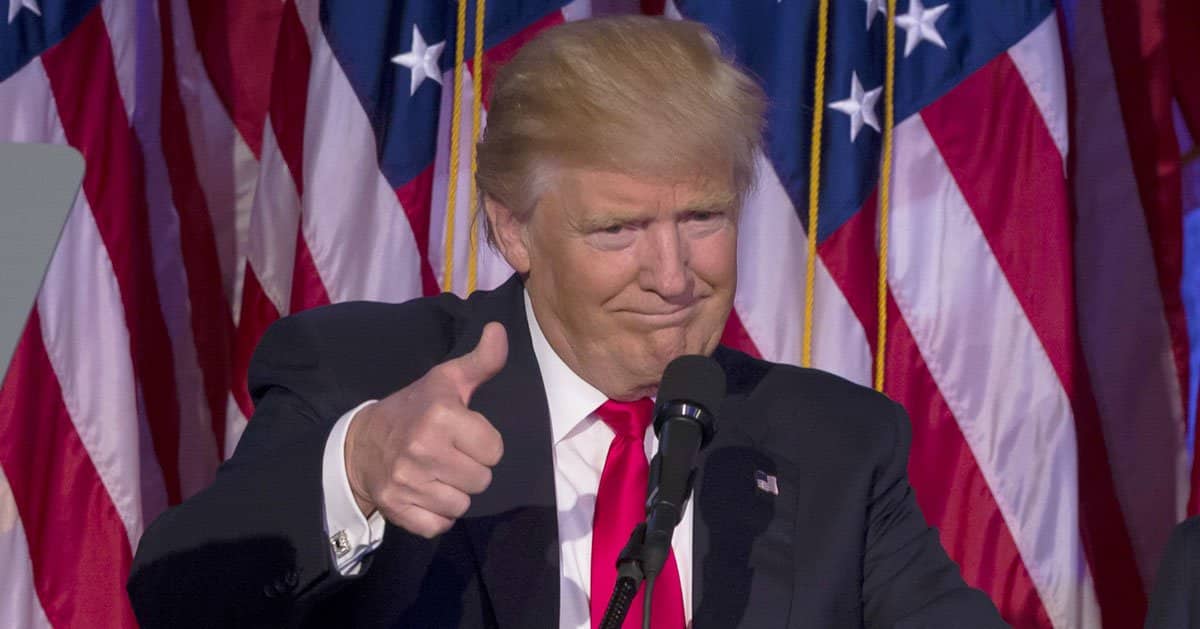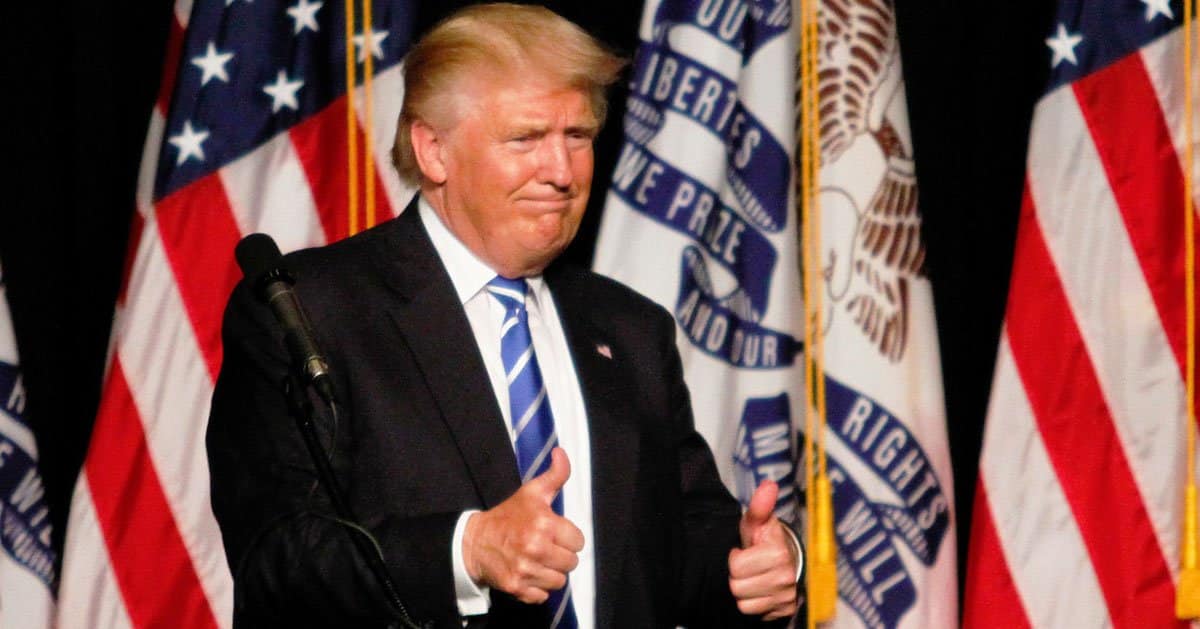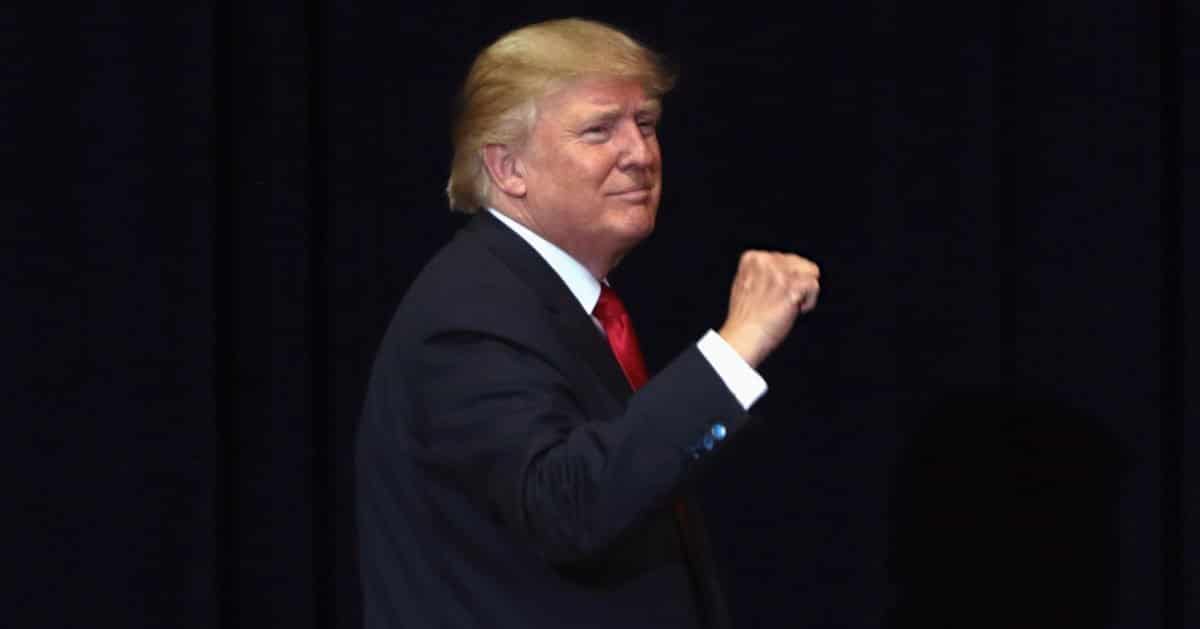








Two Republican rebels dared to defy Trump’s grand vision. Reps. Thomas Massie and Warren Davidson, fiscal hawks from Kentucky and Ohio, voted against the president’s signature legislative package, citing its ballooning deficit impact. Their stand shocked a GOP rallying behind the bill.
In a rare break from party loyalty, Massie and Davidson stood firm against a bill that most House Freedom Caucus members embraced. The legislation, packed with spending cuts and fiscal reforms, passed the House despite opposition and Democratic resistance. It’s a classic case of principle versus party.
House GOP leadership touted the bill’s historic spending reductions, claiming it slashed over $1.5 trillion over a decade. Yet, multiple estimates warned it would swell deficits in the near term. Sounds like promising fiscal restraint while handing out blank checks.
Massie took to the House floor Wednesday, delivering a fiery speech on the bill’s flaws. “This bill is a debt bomb ticking,” he warned, skeptical of promises that future Congresses would clean up the mess. His words cut through the GOP’s rosy rhetoric.
Davidson echoed Massie’s concerns in a sharp X post before the vote. “Deficits do matter and this bill grows them now,” he wrote, refusing to bet on future spending cuts. It’s refreshing to see conviction over convenience.
Meanwhile, the White House didn’t take kindly to the dissent. A Wednesday statement called voting against the bill “the ultimate betrayal.” Loyalty to Trump’s agenda clearly trumps fiscal prudence for some.
White House press secretary Karoline Leavitt doubled down Thursday, hinting at Trump’s support for primary challenges against Massie and Davidson. “I don’t think he likes to see grandstanders in Congress,” she said, dismissing their principled stand as showboating. Unity means marching in lockstep.
Leavitt pressed further, questioning the rebels’ alternatives. “Do they want to see a tax hike? Do they want to see our country go bankrupt?” she asked, framing opposition as reckless. It’s a tired tactic: paint dissenters as doomsayers to silence debate.
Most House Freedom Caucus members, however, backed the bill after securing key concessions. These included faster Medicaid work requirements, phasing out green energy tax credits, and blocking Medicaid funds for sex-change procedures. The caucus claimed their tweaks multiplied deficit reduction fivefold.
Not every caucus member was fully on board. Chairman Andy Harris voted “present,” a subtle hedge against full endorsement. Even within the conservative stronghold, cracks of doubt emerged.
Texas Rep. Chip Roy, a caucus member, supported the bill but praised Davidson’s stance. “History may bear out that Warren and Thomas were the wise men,” he said. High praise from a fellow conservative who knows the cost of conviction.
The bill’s passage didn’t end the fiscal fight. Senate Republicans, wary of deficits, urged deeper spending cuts than the House’s plan. Sen. Ron Johnson called the bill “so awful” and “inadequate,” demanding a reality check.
Johnson didn’t mince words, declaring the bill dead on arrival. “It’s so far off the mark,” he said, pushing for tougher reforms. The Senate’s skepticism could stall Trump’s momentum.
President Trump, undeterred, pressed the Senate to act fast. “There is no time to waste,” he wrote, eager to cement his legislative win. Speed seems to matter more than sustainability to the administration.
For now, Massie and Davidson stand as outliers in a party racing to deliver for Trump. Their defiance, rooted in fiscal caution, may cost them politically but earns them respect for principle. In Washington, that’s a rare currency indeed.



